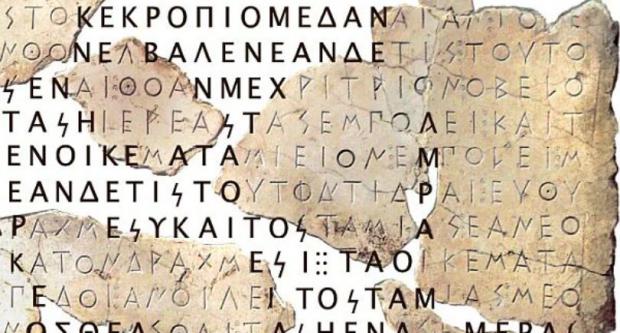
Breaking News
 Powerful Pro-life Ad Set to Air During Super Bowl 'Adoption is an Option' (Video)
Powerful Pro-life Ad Set to Air During Super Bowl 'Adoption is an Option' (Video)
 Even in Winter, the Sun Still Shines in These Citrus Recipes
Even in Winter, the Sun Still Shines in These Citrus Recipes
 Dates: The Ancient Fertility Remedy Modern Medicine Ignores Amid Record Low Birth Rates
Dates: The Ancient Fertility Remedy Modern Medicine Ignores Amid Record Low Birth Rates
 Amazon's $200 Billion Spending Shock Reveals Big Tech's Centralization Crisis
Amazon's $200 Billion Spending Shock Reveals Big Tech's Centralization Crisis
Top Tech News
 SpaceX Authorized to Increase High Speed Internet Download Speeds 5X Through 2026
SpaceX Authorized to Increase High Speed Internet Download Speeds 5X Through 2026
 Space AI is the Key to the Technological Singularity
Space AI is the Key to the Technological Singularity
 Velocitor X-1 eVTOL could be beating the traffic in just a year
Velocitor X-1 eVTOL could be beating the traffic in just a year
 Starlink smasher? China claims world's best high-powered microwave weapon
Starlink smasher? China claims world's best high-powered microwave weapon
 Wood scraps turn 'useless' desert sand into concrete
Wood scraps turn 'useless' desert sand into concrete
 Let's Do a Detailed Review of Zorin -- Is This Good for Ex-Windows Users?
Let's Do a Detailed Review of Zorin -- Is This Good for Ex-Windows Users?
 The World's First Sodium-Ion Battery EV Is A Winter Range Monster
The World's First Sodium-Ion Battery EV Is A Winter Range Monster
 China's CATL 5C Battery Breakthrough will Make Most Combustion Engine Vehicles OBSOLETE
China's CATL 5C Battery Breakthrough will Make Most Combustion Engine Vehicles OBSOLETE
 Study Shows Vaporizing E-Waste Makes it Easy to Recover Precious Metals at 13-Times Lower Costs
Study Shows Vaporizing E-Waste Makes it Easy to Recover Precious Metals at 13-Times Lower Costs
Google's DeepMind AI fills in the blanks on broken ancient texts

To aid research into the history of human writing, the company has now turned its technology to the task of restoring incomplete ancient texts, where it has performed with an impressive degree of accuracy.
In the last five or so years we've seen DeepMind's AI technology take some impressive leaps that have demonstrated its practical potential and ability to tackle some of the most complex problems in science, like those mentioned above. Other examples include improving the accuracy of rain forecasting, beating the world's best Go players and cutting costs at parent company Google's data centers.
In turning its hand to ancient history, DeepMind now aims to bring new clarity to ancient inscriptions that have become damaged, moved from their original location or are unable to be accurately dated. To do so, DeepMind researchers teamed up with historians and scientists in Italy, England and Greece, and trained the AI on the largest digital dataset of Greek inscriptions, using both individual characters and complete words as inputs.
The resulting AI tool, which the team has called Ithaca after the Greek island described in Homer's Odyssey, was able to restore damaged texts with an accuracy of 62 percent, identify their original location with 71 percent accuracy and correctly date texts to within 30 years of their true date of creation.

 Smart dust technology...
Smart dust technology...

